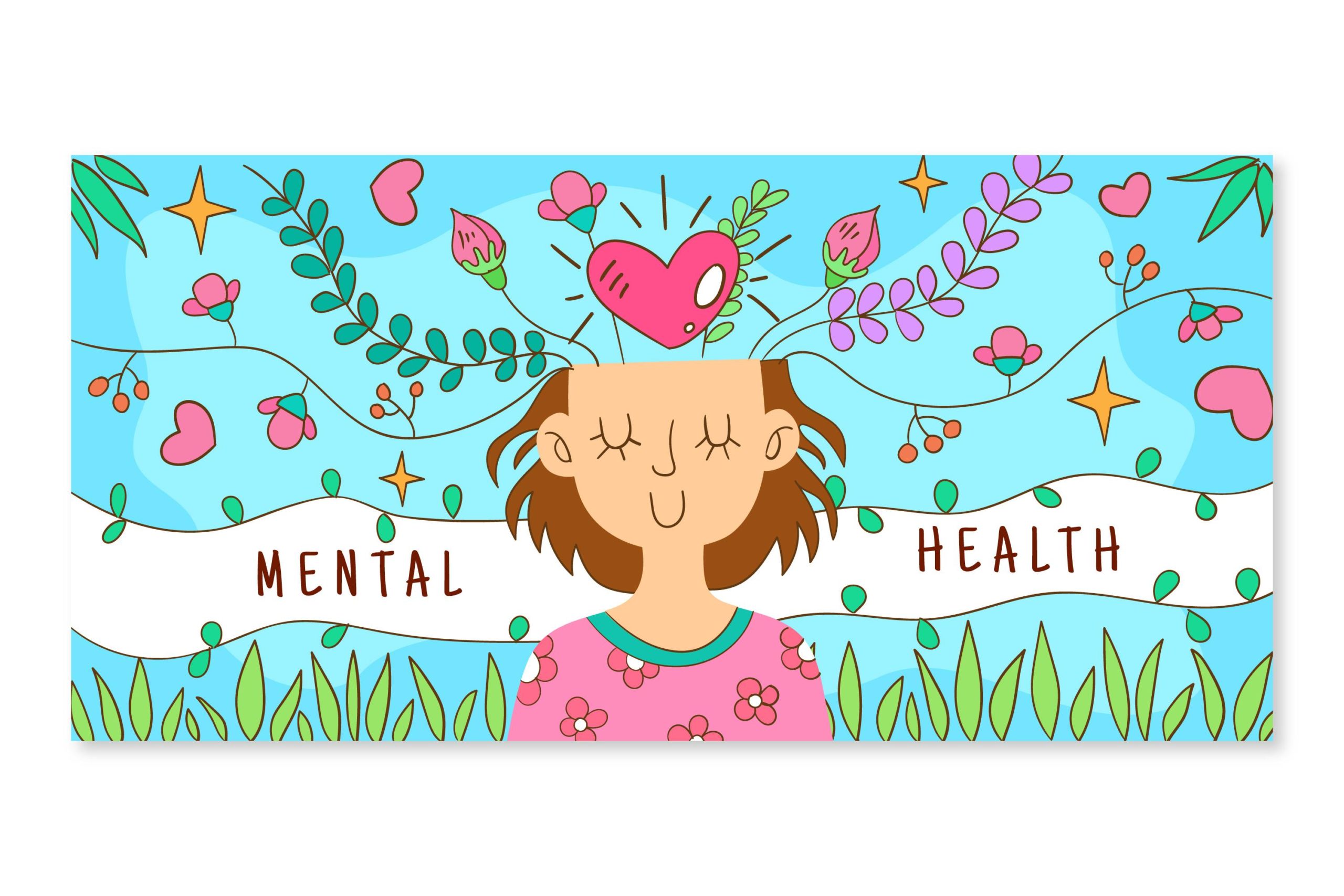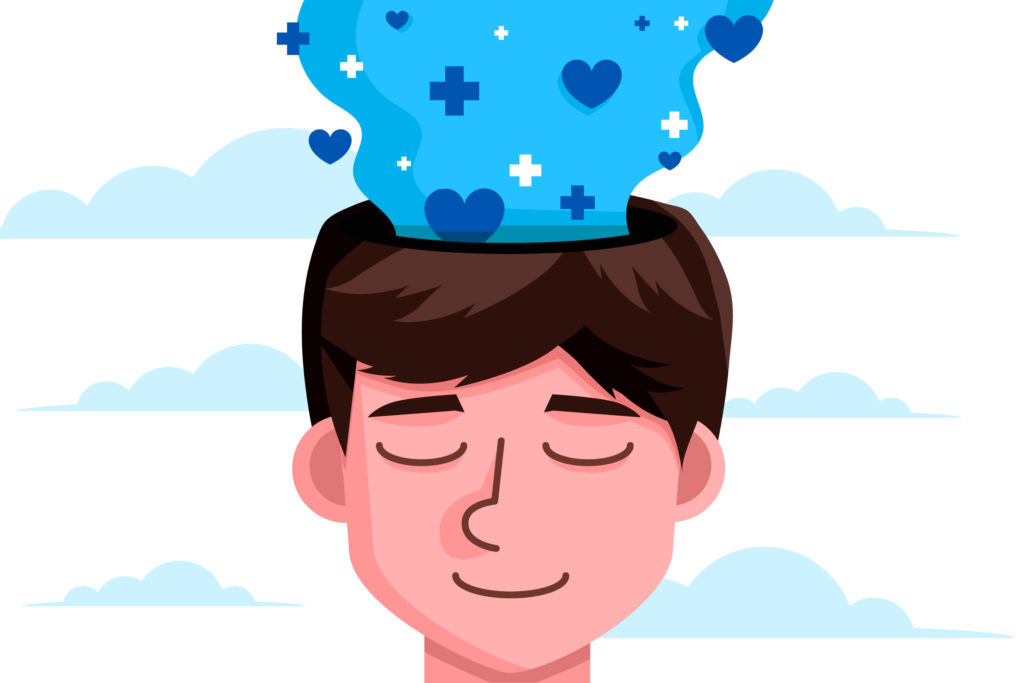
Mental health days have become increasingly popular in recent years as a way to reduce burnout within students. Burnout is a condition of ongoing physical, mental, and emotional exhaustion brought on by stress. It can lead to a lack of motivation, decreased performance, and even physical illness. Mental health days are an opportunity for students to take a break from the school stress and focus on their well-being.
While mental health days are not a new concept, they have gained more attention in recent years due to the increased awareness of mental health issues and the impact of stress on students. Many schools and universities have started to recognize the importance of mental health days and have implemented policies to allow students to take time off for their mental health. This has been especially important during the COVID-19 pandemic, which has created many additional stressors for students, such as social isolation and uncertainty about the future.
In this article, we will explore the benefits of mental health days for students and how they can help reduce burnout. We will also discuss strategies for implementing mental health days in schools and universities, as well as tips for students on how to make the most of their mental health days. By the end of this article, readers will have a better understanding of the importance of mental health days for reducing burnout in students and how they can be implemented effectively.
Why Mental Health Days Are Important
Mental health days are essential for students to reduce burnout and prioritize their well-being. Burnout can lead to a range of negative outcomes, including decreased academic performance, absenteeism, anxiety, depression, and even suicidal thoughts.
This allow students to take a break from the demands of school and focus on their mental and emotional health. Simply a catch of fresh breathe during the rat race. They provide an opportunity to recharge, reset, and return to school with renewed energy and focus. It can also help students develop coping skills and self-care strategies that they can use throughout their lives.
Research shows that mental health days can improve academic performance, attendance, and overall well-being. A study published in the Journal of School Health found that students who took mental health days had higher GPAs and were less likely to miss school than those who did not. Another study published in the Journal of Adolescent Health found that mental health days were associated with lower levels of stress, anxiety, and depression among high school students.
In addition to the benefits for individual students, self-care days can also have broader societal benefits. By prioritizing mental health, schools can create a culture of well-being that promotes academic success and positive social outcomes. It can also help reduce the stigma surrounding mental health and encourage students to seek help when they need it.
Signs of Student Burnout
Student burnout is a severe problem that may have an impact on academic success, mental health, and general well-being. Here are some signs that a student may be experience during burnout:
- Decreased motivation and interest: A student who was once enthusiastic about school and extracurricular activities may suddenly lose interest and motivation. They may feel like they are going through the motions without any real purpose or enjoyment.
- Exhaustion and fatigue: Burnout can cause physical and mental exhaustion that is not relieved by rest. A student may feel tired all the time, even after a good night’s sleep.
- Irritability and moodiness: Burnout can cause irritability, mood swings, and a short temper. A student may become easily frustrated or angry, even over small things.
- Difficulty concentrating: Burnout can make it hard to focus and concentrate on tasks. A student may find it difficult to complete assignments or study for exams.
- Physical symptoms: Burnout can cause physical symptoms such as headaches, stomachaches, and muscle tension.
If a student is experiencing one or more of these signs, it may be a good idea for them to take a self-care day to recharge and prevent burnout from getting worse. It’s important to remember that burnout is indeed real and a serious issue that can affect anyone, regardless of age or background. By recognizing the signs of burnout and taking steps to prevent it, students can maintain their mental health and academic success.


How Mental Health Days Can Help?
Mental wellness days are a way for students to take a break from the stresses of school and focus on their well-being. By taking a break from school work, students can reduce their stress levels, improve their mental health, and prevent burnout. Here are a few ways that mental health days can help students:
Reducing Stress
School can be overwhelming, and students often feel like they’re constantly under pressure. Students can step back from their responsibilities and take time to relax. This can help reduce their stress levels and give them a chance to recharge.
Improving Mental Health
It can also help improve students’ mental health. When students are feeling overwhelmed, anxious, or depressed, taking a day off can give them a chance to focus on self-care. This might include activities like taking a walk, practicing mindfulness, or spending time with friends and family.
Preventing Burnout
Finally, mental health days can help prevent burnout. When students are constantly under pressure, they can become exhausted and lose motivation. Taking a mental health day can help students avoid burnout by giving them a chance to rest and recharge. This can help them come back to school feeling refreshed and ready to tackle their responsibilities.
Tips for Implementing Mental Health Days
Schools and educators can help reduce student burnout by implementing mental wellness days. Here are some pointers for organizing mental wellness days effectively:
- Communicate with Students: Educators should communicate with students about the importance of mental health and the purpose of mental health days. This can help students understand why they are taking a day off and reduce any stigma associated with taking a day off.
- Create a Policy: Schools should create a policy outlining the process for taking mental health days. This policy should include information on how to request a mental health day, who to talk to, and what documentation is needed.
- Provide Resources: Schools should provide resources for students who need support . This can include access to mental health professionals, educational resources on mental health, and support groups.
- Encourage Self-Care: Educators should encourage students to practice self-care on mental health days. This can include activities such as meditation, exercise, or spending time with loved ones.
- Normalize Mental Health Days: Schools should work to normalize mental health days and reduce any stigma associated with taking time off for mental health. This can help students feel more comfortable taking a mental health day when they need it.
Benefits of Mental Health Days
Taking a mental health day can have several benefits for students. Here are a few:
- Reduced stress levels: Mental health days can help reduce stress levels by providing students with a break from their daily routine. It can help them recharge and come back to their studies with renewed energy.
- Improved mental health: Taking a mental health day can help students manage their mental health by giving them time to rest, reflect, and seek support if needed.
- Increased productivity: By taking a break from their studies, students can return to their work with a fresh perspective and increased productivity.
- Better academic performance: Mental health days can help students maintain a healthy school-life balance, which can lead to better academic performance.
- Improved physical health: Taking a mental health day can also have positive effects on physical health. It can help reduce symptoms of stress, such as headaches, muscle tension, and fatigue.
Overall, mental health days can be an effective way for students to reduce burnout and manage their mental health. It is important for students to prioritize their well-being and take care of themselves both mentally and physically.


Conclusion
Mental health days are an effective tool to reduce student burnout. By taking a break from the demands of school and focusing on self-care, students can reduce stress and renew their energy and motivation.
To maximize the benefits of mental health days, it is important to plan ahead and communicate with teachers and classmates. This can help ensure that students are able to fully disconnect from school and avoid feeling guilty or overwhelmed.
In addition , there are other strategies that can help prevent and reduce student burnout. These include:
- Prioritizing self-care activities, such as meditation, exercise or spending time with loved ones
- Setting realistic goals and expectations for academic performance
- Creating a supportive and positive learning environment
- Encouraging open communication between students, teachers, and parents
By implementing these strategies, schools and educators can help support the mental health and well-being of their students. By prioritizing self-care and reducing stress, students can thrive academically and personally.
Just like we take sick days for a flu , lets normalize taking a mental health day for burnouts !
